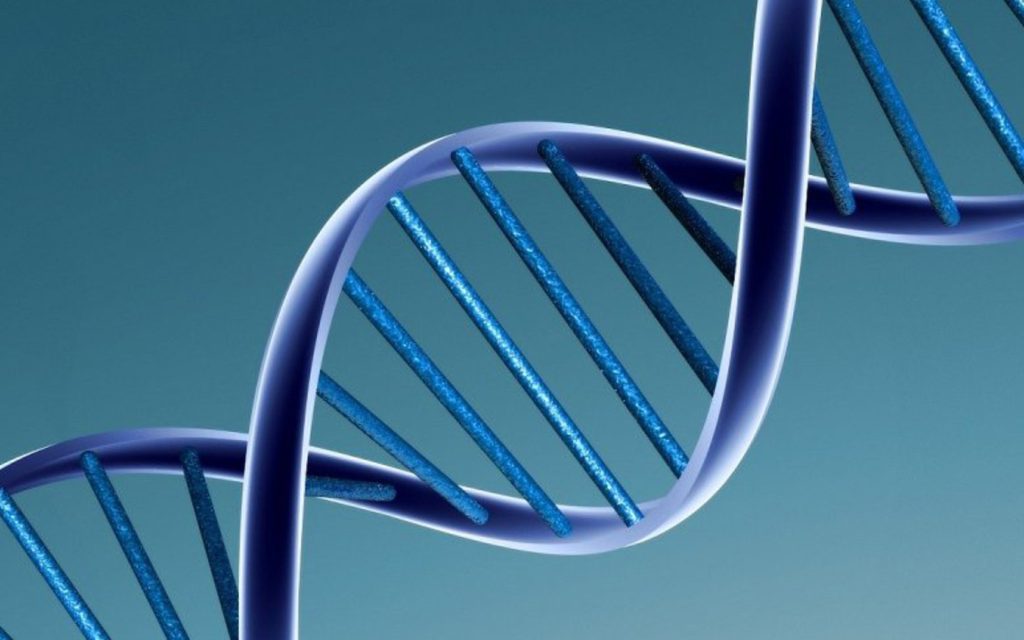
Photo courtesy of Caroline Davis2010 via Flickr.
Along with other controllable and uncontrollable risk factors, genetics can play a crucial role in determining breast cancer risk levels. When we talk about genetics in our breast health programs, people often ask if there are specific groups more prone to breast cancer. The answer is yes. Jewish people of Ashkenazi heritage have a 1 in 40 chance of carrying a BRCA gene mutation. And women with a BRCA geneA sequence in the DNA which can be passed down from parent to child. Genes helps determine physical and functional traits for the body. mutation (popularly called the “breast cancer gene”) have a much higher chance of developing breast cancer, a 1 in 2 chance before the age of 70(1).
Ashkenazi Jews
Jewish people with Ashkenazi heritage are descendants of Jewish settlers that inhabited the Western Germany and Northern France area in the Middle Ages. Many of those settlers eventually migrated to Eastern Europe. For that reason, Ashkenazi Jews are often described as having “Eastern European” descent, as opposed to Iberian descent (Sephardi Jews) or Middle Eastern descent (Mizrahi Jews). Ashkenazi Jews make up an estimated 75-80% of the world’s Jewish population and they inhabit all corners of the world, with the largest population, 5-6 million, living in the United States(2).
Ashkenazi & The BRCA Gene
There are two types of BRCA genes, called BRCA1A gene which, when damaged or mutated, can put a person at a greater risk of developing breast and/or ovarian cancer. and BRCA2A gene which, when damaged or mutated, may put a woman at a greater risk of developing breast and/or ovarian cancer. This gene is also thought to raise the risk for breast cancer in men. (BR for breast and CA for cancer). Everyone carries BRCA genes, which in their normal state repair damaged DNAThe part of every cell that carries out genetic information on cell growth, division, and function. and kill off abnormal cells before a tumorA mass of cells that can be benign or malignant. can form. Having a harmful mutation on a BRCA gene is what increases our risk of developing various types of cancer, including breast cancer. BRCA genes are hereditary, meaning they are passed down from a parent to a child.
Because Jewish people often inter-marry with one another (or have a high rate of “endogamy”) and are such a large population, they make an ideal group for geneticists to study. Scientists have extensively researched Ashkenazi Jews and have found a higher rate of mutated BRCA genes, putting them at an increased risk for pancreatic, prostate, ovarian and breast cancer. In fact, 1.5% of all living Ashkenazi Jews are estimated to have a mutated BRCA1 gene and 1% have a mutated BRCA2 gene(3).
What You Can Do About Breast Cancer
Knowledge is power. A great starting point is to talk to your family. Determine your Jewish heritage if you are unsure and find out if any of your family members have been diagnosed with cancer, especially breast cancer. Think ahead of time about how to talk to your family about genetic testing for BRCA and breast cancer. While having a mutated BRCA gene increases your risk of a cancer diagnosis, that risk is influenced by the cancers that are in your family history. For breast cancer, know the cancer history of your first-degree relatives (your mother, sisters, and daughters) and second-degree relatives (aunts, grandmothers and nieces) on both sides of your family.
While at-home test kits do exist, Jews of Ashkenazi heritage will benefit from professional geneticInherited characteristics. counseling that includes BRCA testing and pre- and post-testing guidance. There are definitely misguided ways to do genetic testing. Professional genetic counselors can help interpret results and develop prevention plans customized to your genetic make-up and risk levels.
The good news is that having a mutated BRCA gene does not guarantee being diagnosed. One of the best and easiest things we can do to decrease our risk of breast cancer, regardless of whether or not we carry mutated BRCA genes, is to stay at a normal weight, exercise, reduce fat intake, and cut out smoking and alcohol. While we cannot control our genetic makeup, we can modify our lifestyle choices to lower our risk.
Sources
- Jewish Women and BRCA Gene Mutations, Centers For Disease Control and Prevention (CDC)
- Ashkenazi Jews, Wikipedia
- Specific to Individuals of Ashkenazi Jewish Ancestry, Johns Hopkins University, PathologyThe science of the causes and effects of diseases, especially the laboratory examination of tissue samples for diagnostic purposes.